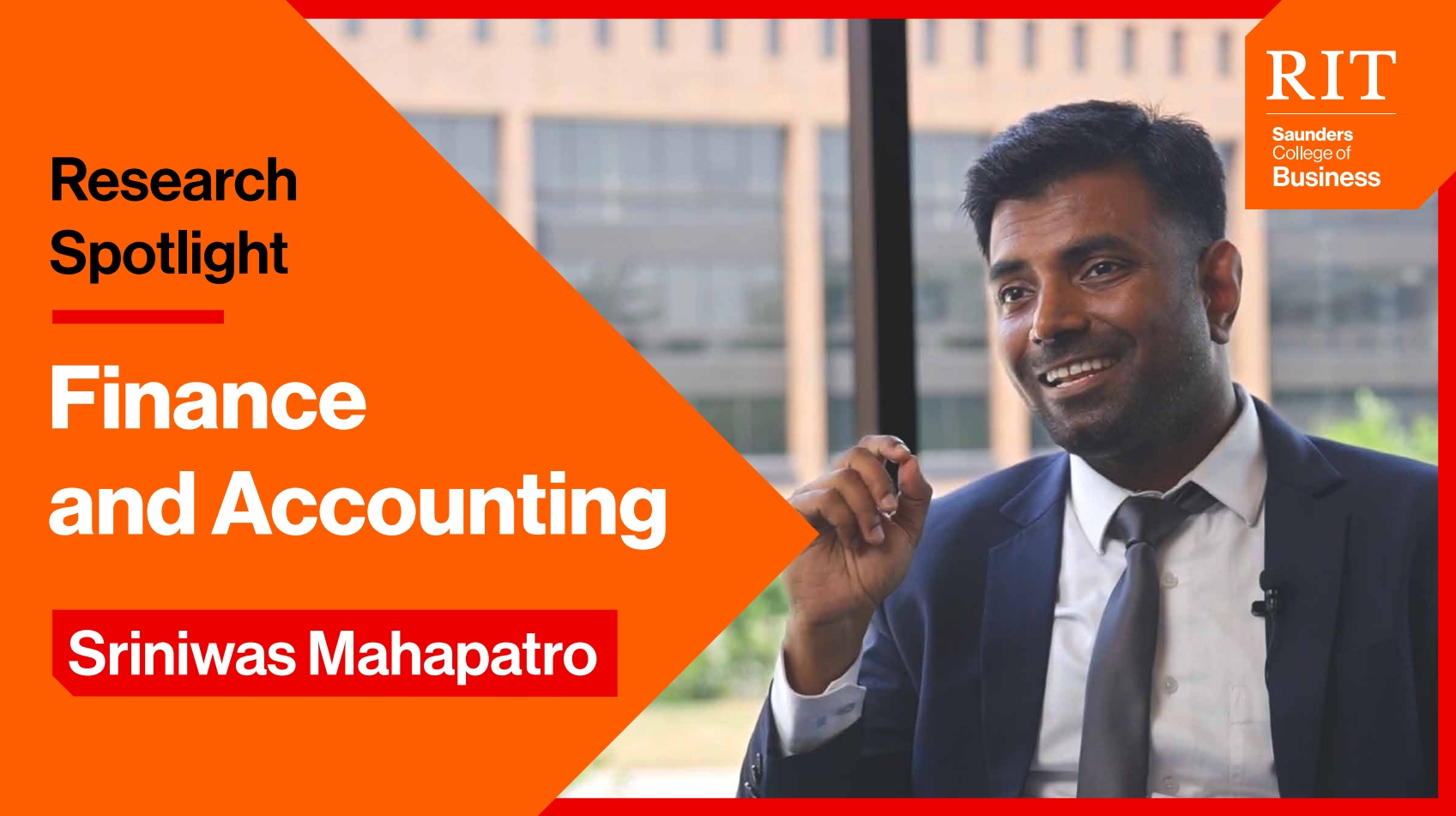R2@Saunders
Research with Purpose
Saunders faculty are impacting businesses and society through impactful research—addressing one challenge at a time.
Each year, R2 highlights purposeful research at Saunders—work driven by complex, real-world challenges—generating impactful insights to shape business strategies and societal well-being. This year’s edition features faculty advancements across multiple domains: from the emotional dynamics of human-robot collaboration and innovative AI solutions for mental disorder screening, to the influence of moral values on consumer decisions and the complexities of executive leadership structures.
AI in Action: From Hospitality to Healthcare
Saunders faculty are examining the diverse applications of artificial intelligence across varied industry settings. In the International Journal of Hospitality Management, Professor Dan Jin investigates the threshold between "robophilia" (a positive disposition toward automation) and "robophobia" (fear of automation). Her research suggests that balancing automation with personalized service is crucial to prevent customer discomfort during service disruptions. Conversely, Professor Ali Tosyali addresses challenges in healthcare through his work in the Journal of Management Information Systems. He introduces "MDscan," an explainable AI tool that visualizes mental health data, enabling clinicians to diagnose disorders more quickly and accurately.
The Moral Compass of the Consumer
Consumer decisions are often driven by underlying moral values, yet marketers frequently overlook the diversity of these ethical considerations. Understanding this "moral compass" is vital for brands aiming to connect authentically with their audiences. In the Journal of Consumer Psychology, Professor Guilherme Ramos demonstrates that by aligning products and messages with specific moral principles, marketers can create more resonant and effective campaigns.
Redefining Leadership and Retention
Faculty researchers are also addressing the critical challenges of retaining top talent and structuring the C-suite. Professor Jieun Lee’s research in the Journal of Management challenges traditional retention strategies, revealing that in dense local labor markets, high compensation can paradoxically increase turnover by signaling an executive's ability and facilitating external mobility. Focusing on leadership architecture, Professor Sriniwas Mahapatro’s work in the California Management Review evaluates the emerging co-CEO model, offering a framework to navigate the trade-offs between the advantages of diverse skill sets and the governance risks inherent in shared leadership.
Enjoy this edition of R2@Saunders!
AI for Business 2024 Rochester Business Journal hosts virtual panel discussions featuring Victor Perotti.
Older Adults Share More Fake News - But It’s Not Because They Can’t Tell Real From Fake ZME Science story features Guilherme Ramos.
Could tariffs rev up Rochester's auto manufacturing again? 'Quickly' says UAW ABC 13-WHAM story features Kevin Sweeney.
RIT professors expand program that helps veterans find jobs in electronics manufacturing with $700,000 state grant, WHEC-TV features Malarvizhi Hirudayaraj.
CNBC, Globest.com, Propmodo, Bisnow, Yale Insights, Inside Mortgage Finance, Rochester Business Journal, Globest.com, and L. Northmarq Research & Insights feature Soon Hyeok Choi's research on DOGE Lease Terminations Shaking Real Estate Markets.
Connections (WXXI, NPR), Cotality, Fortune, and The Conversation feature Soon Hyeok Choi's research on The Winner’s Curse in Housing Markets.
































